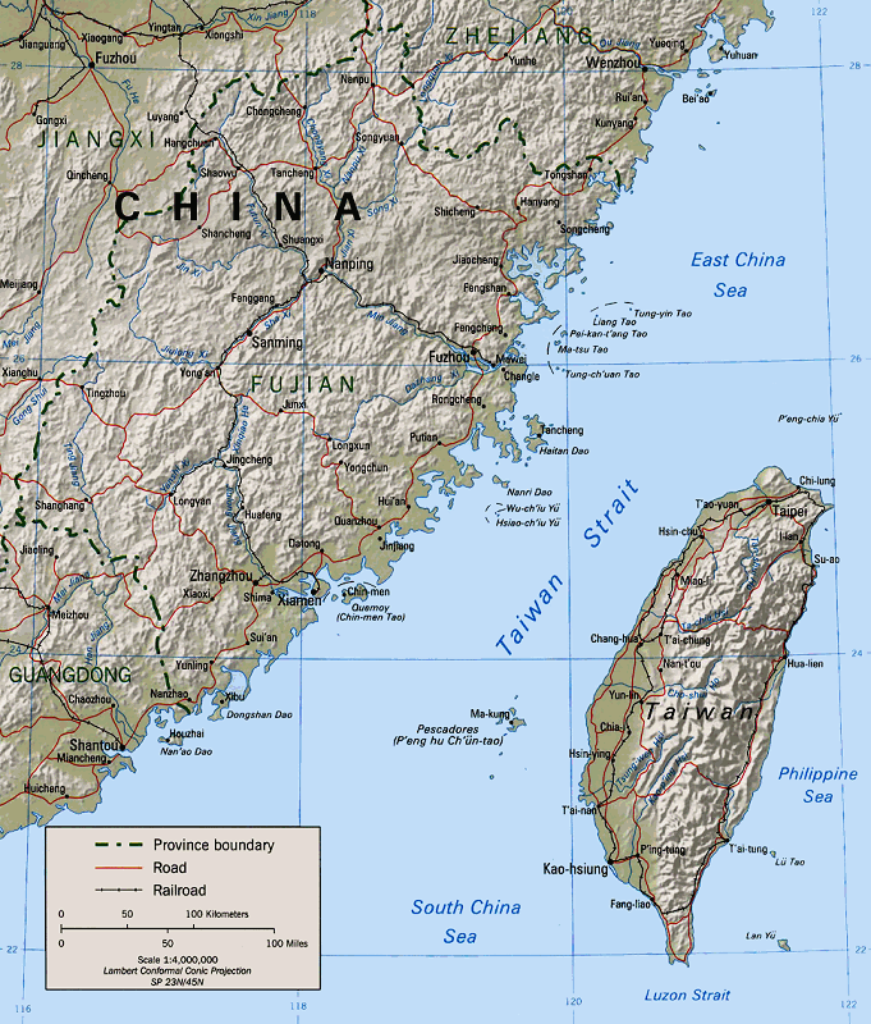The webinar was a closed-door, invitation-only program for congressional staffers. The panelists offered a combination of senior-level US government experience and analytical expertise of contemporary policy issues surrounding nuclear, chemical, and biological security.
The panel explored various crises and military confrontations between the US and China over Taiwan and examined how past crises in US-China relations have been resolved short of armed conflict; how each side perceives the issue; and what lessons can be learned from past experience about the most effective means of confronting China and advancing US interests short of war. The discussion also focused on how, in the past, crises have been resolved by mutual restraint and reassurances, and that an incoming Biden administration should build on existing military to military dialogues with the Chinese. The panel highlighted that, while flare-ups in the region may seem to have a rhythm and elements of military theater, any time large military systems come into contact with each other there is real risk. The speakers also drew comparisons between tensions in 1995/1996 and today, but stressed that the current moment is different because it is less acute and not confined to a relatively brief period of time.
Featured Speakers:
- Roy D. Kamphausen, President of the National Bureau of Asian Research (NBR)
- Michael S. Chase, senior political scientist at RAND and an adjust professor in the China Studies Department at Johns Hopkins University’s School of Advanced International Studies (SAIS)
- Rorry Daniels, Deputy Project Director of the Forum on Asia-Pacific Security (FAPS)
Moderated by
- James Siebens, Fellow with the Defense Strategy and Planning program at Stimson and editor of Military Coercion and US Foreign Policy: The Use of Force Short of War (Routledge 2020)

